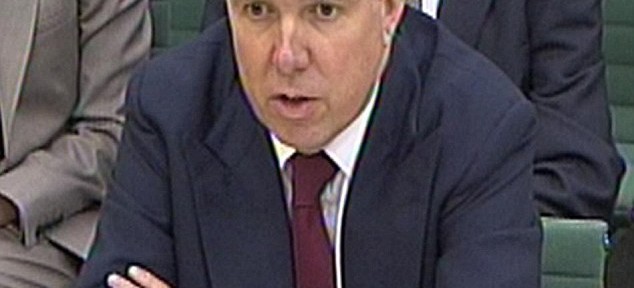Paul Tucker said no government minister had asked him to “lean on” Barclays over its inter-bank lending rates reports The BBC.
But he also told MPs that the BoE and the government feared that Barclays might need a bailout.
Ex-Barclays boss Bob Diamond’s account of a conversation between the two gave “the wrong impression”, Mr Tucker said.
That telephone conversation, which took place on 29 October 2008, has come under much scrutiny.
Mr Diamond’s note of the call concluded by saying Mr Tucker had stated that “it did not always need to be the case that we appeared as high [with Libor submissions] as we have recently”.
Mr Tucker told the Treasury Select Committee that, unlike Mr Diamond, he had not made a note of the conversation. “Sitting here, I greatly wish I had taken a note of it,” he said.
“I think the last sentence gives the wrong impression,” he said.
“It should have said something along the lines of: ‘Are you ensuring that you, the senior management of Barclays, are following the day-to-day operations of your money market desk, your treasury, are you ensuring that they don’t march you over the cliff inadvertently by giving signals that you need to pay up for funds?'”
Mr Tucker said that Mr Diamond’s resignation from Barclays last week was the right decision, as “absolutely decisive action was needed to start a new chapter”.
While he said the BoE did not think Barclays was “doomed” in 2008, Mr Tucker said there was “anxiety” about the bank’s funding position.
He said there was concern that after RBS, HBOS and Lloyds had to be bailed out by the government in the middle of October 2008, Barclays could be “next in line”.
At the time, Barclays’ submissions of its borrowing rates were higher than those of other banks. Mr Tucker claims that he was warning Mr Diamond that Barclays risked spooking investors to such an extent that they might find the market became closed to it.


